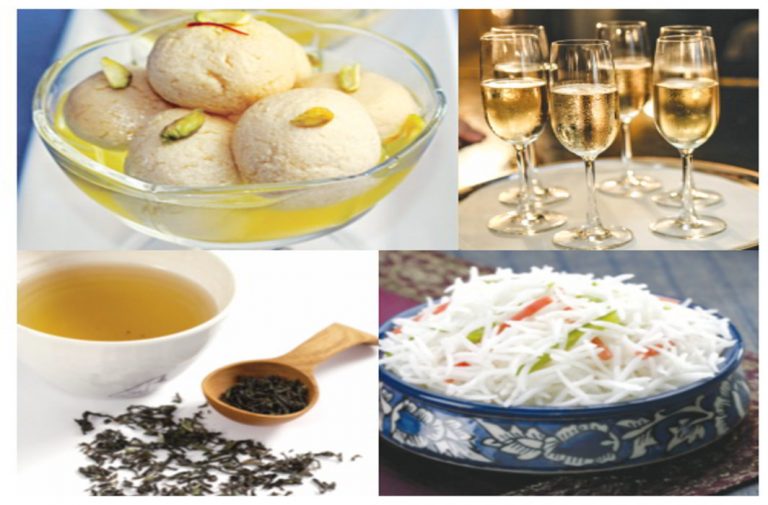
The legal row between Odisha and West Bengal over the origin of the rosogolla has ended in the latter’s favour. For many, it’s a sniff of nostalgia and history but getting the GI tag is a bigger story
~By Sujit Bhar
What everybody, especially every single Bengali, knew for almost forever, is now an official truth. The revered and luscious rosogolla is theirs. The claim by Odisha to own this delicacy has ended and on November 14 the Geographical Indications (GI) Registry announced that “rosogolla” indeed resonates with Bengali identity and that is where it originated, not in Odisha which formally laid claim to the name.
Rosogolla was “discovered”, if you like, by confectioner Nobin Chandra Das in the 19th century (1868, to be precise) and his grandson, KC Das, has made a fortune out of selling this sweet. There is no patent on the product, but history has recorded this for posterity.
Rosogolla adds to India’s many such GI tags including, of course, the world famous Darjeeling brand of teas. This has a world GI indicator and is as good as Champagne, which can only be branded in Champagne in France. Elsewhere, it is just sparkling wine. Hence, no tea grown beyond the district of Darjeeling can be called Darjeeling tea.
It was something to celebrate, and Chief Minister Mamata Banerjee made a big and sweet issue out of it.
The GI announcement came months after the Odisha government formed a panel to formally lay claim to “rosogolla”. West Bengal formed a counter-committee and the war began. Odisha was always going to lose, but there was no harm in trying, they thought.
Interestingly, many of Bengal’s delicacies did not originate in the state. Sandesh, for example, made out of superbly pasted cottage cheese, is actually of Turkish origin. Bengalis would not claim it as theirs.
Another Indian produce that has been awarded the world GI tag is Basmati. No single state in India can claim the right to this, but India as a whole has the ability to control produce elsewhere in the world. Technically, a number of states of India have been allowed to claim this, as per the directive of the Intellectual Property Appellate Board (IPAB) to the assistant registrar of the GI Registry, Chennai.
The states are Punjab, Haryana, Himachal Pradesh and Uttarakhand and parts of Uttar Pradesh and Jammu & Kashmir. India holds 85 percent of the share in the global Basmati trade.
A GI tag can be issued for agricultural, natural or manufactured goods that have a given quality, reputation or other characteristics attributable to their geographical origin.
Of the around 316 GI items in India, West Bengal has a pretty long list, which includes the Santipur sari, Darjeeling tea, nakshi kantha, Santiniketan leather goods, Himsagar mango, Laxman Bhog mango, Fazli mango (from Malda), Baluchari sari, Dhaniakhali sari, the Joynagar moa, Bardhaman Sitabhog and Mihidana and the Gobindabhog rice variety. Rosogolla is the latest addition.

